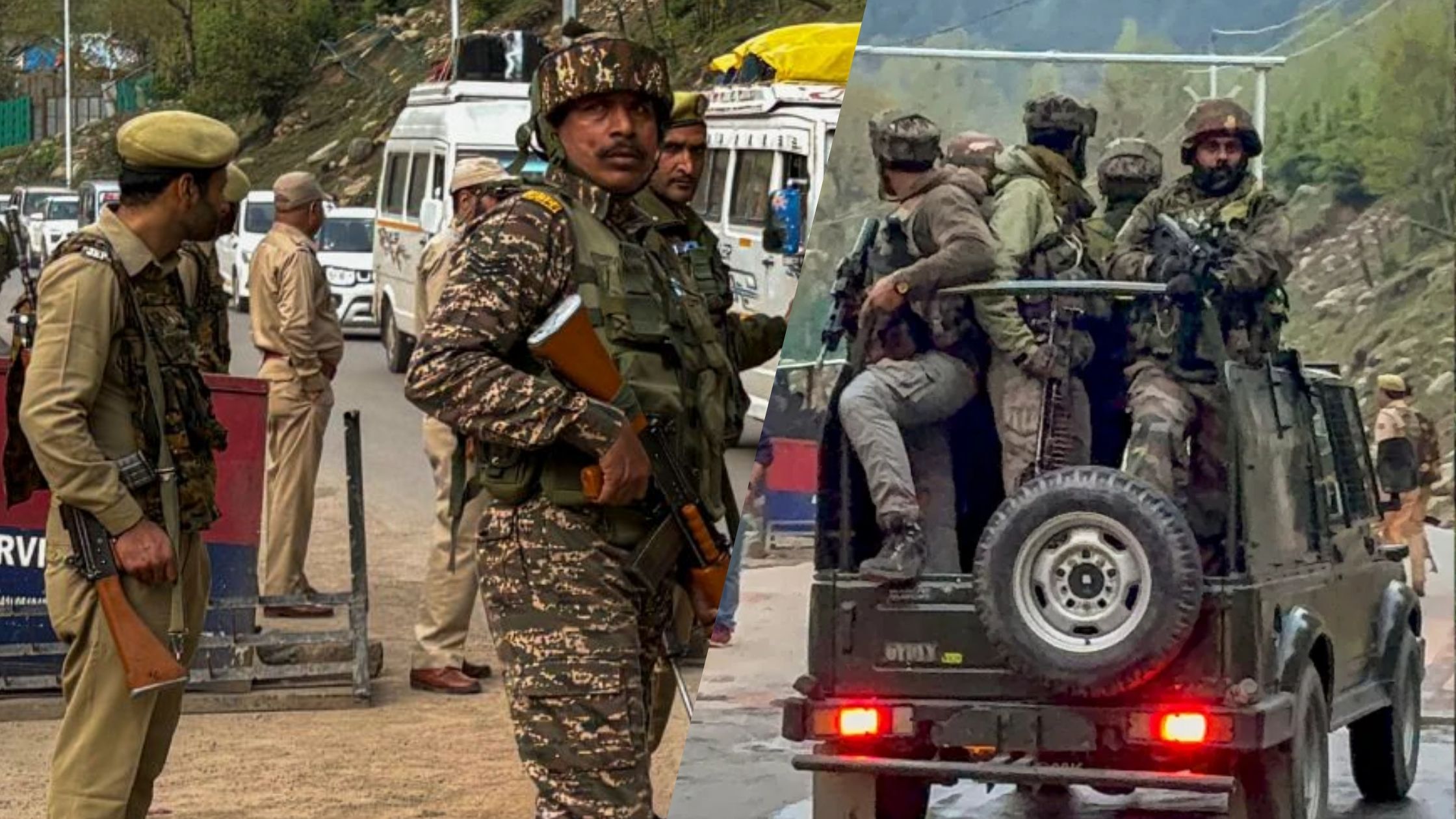
On the 22nd of April, 2025, Pahalgam, Kashmir – When extremists launched a bold attack on visitors who were unaware of the impending danger, the calm meadows of Baisaran Valley, which is often referred to as the "Mini Switzerland of India," was covered in dread. What started out as a peaceful afternoon picnic evolved into a scene of terror and bloodshed, which shook the fragile feeling of normalcy that had been established in Kashmir's travel and tourism industry.
Geopolitical Message? The attack coincides with:
In response to the tragedy, the Indian government launched "Operation Trinetra", a massive search operation involving the Indian Army, CRPF, and J&K Police. Security forces cordoned off large parts of the region, including the upper Pir Panjal ranges, where the attackers are suspected to have fled. Helicopters and drones were used to help with the search.
A temporary curfew was imposed in the Pahalgam area, and extra security measures were introduced to prevent any further incidents. The attack has also sparked questions about lapses in intelligence and the need for more rigorous tourist security in sensitive zones.
According to eyewitnesses, the attackers—numbering around four to seven—were dressed in army-style uniforms and carried sophisticated weapons including M4 carbines and AK-47 rifles. They reportedly mingled with tourists before suddenly launching a point-blank assault. Some survivors recalled how the militants asked names and religions before firing, suggesting a premeditated and targeted plan.
Locals, especially pony handlers and guides, turned into heroes during the chaos. They risked their own lives to carry the wounded down from the valley to nearby hospitals and shelter others in nearby huts and shops. Their brave actions saved many lives and were widely praised across the country.
Kashmir’s tourism sector, which was witnessing a significant revival with over 3 million visitors in 2024, has taken a massive blow. Airlines had to arrange emergency return flights as panicked tourists began leaving the region. Hotels reported mass cancellations, and local vendors, pony wallahs, and guides voiced despair over the economic setback the incident has caused.
“We had just started earning well after years of unrest,” said Rafiq Ahmad, a local horse handler. “Now everything is gone again. No one will come back soon.”
Prime Minister Narendra Modi condemned the attack in strong words, calling it a "cowardly act against humanity." He assured the nation that the perpetrators would not be spared and vowed decisive action. The government has also accused Pakistan-backed terror outfit TRF (The Resistance Front) of carrying out the attack, although investigations are still underway.
India took swift diplomatic action, downgrading ties with Pakistan, suspending certain bilateral engagements, and invoking clauses of the Indus Waters Treaty. Several foreign embassies issued advisories to their citizens to avoid traveling to Jammu and Kashmir.
Globally, world leaders including U.S. President Joe Biden, UK Prime Minister Keir Starmer, and UN Secretary-General António Guterres expressed grief and solidarity with India. The international community widely condemned the act, reiterating support for counter-terrorism efforts in the region.
While Kashmir’s beauty remains eternal, such attacks reopen wounds of the past. The road ahead demands:
The Pahalgam attack is a grim reminder that while natural beauty and tourism development are crucial, safety and intelligence preparedness cannot be compromised. The loss of innocent lives has not only created fear but also disrupted the fragile peace in a region striving for normalcy.
As investigations continue and the hunt for the attackers intensifies, the nation stands united in grief and anger. The hope is that justice will be swift, and Kashmir will once again become a symbol of peace and hospitality rather than terror.
Stay tuned with www.explorerealnews.com for the latest verified updates. Share you comment section on this link https://forms.gle/RMs3hVzHNBRPovLD7